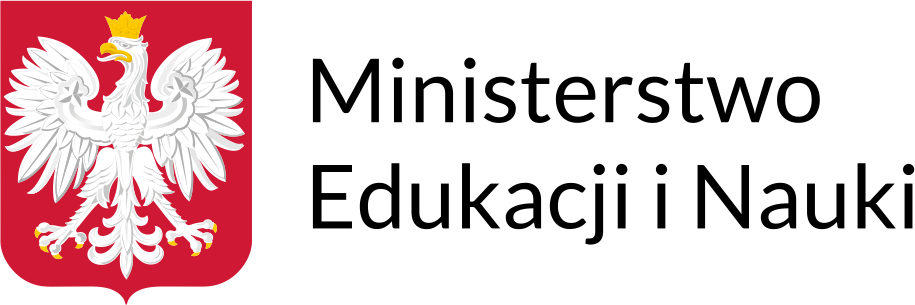← back to the main panel of the conference
University education in the frontier
University – until recently – perceived as one of the most prestigious academic institutions, has lost some of its glamour and now it is often seen as a place to study in order to get an education. It may seem nowadays that more and more people decide to continue their education and graduate with an academic degree but at the same time this does not relate to the advanced level of research, economic progress or reducing the levels of social inequalities; moreover, it brings the progressing depreciation of the meaning of academic degrees. In our theories we follow Professor Kazimierz Twardowski when he claims that academic cognition and knowledge should have the highest status and the role of university should remain socially unique. A university, often called Alma Mater, should not only be a place of education but also an institution that creates and educates the future generations.
Academic education should include the following aspects of social values:
- non-economic equity of academic education,
- academic education in terms of building social and emotional relationships,
- academic infrastructure – economic assets and development potential.
Academic education should also include the following examples of best practices:
- academic learning objectives,
- the social role of a university teacher,
- correlation between research and education,
- hidden curriculum of academic education.
We would like to raise and try to answer the following questions: What is the purpose of education in the frontier universities? Who is the recipient of education? What are the terms and conditions of education? How could we define the education itself? Who are the academic teachers? Who are they qualified to teach? How is the frontier university using its location to support itself and its community? How does it fulfil the aspirations and cultural needs of its local community?




